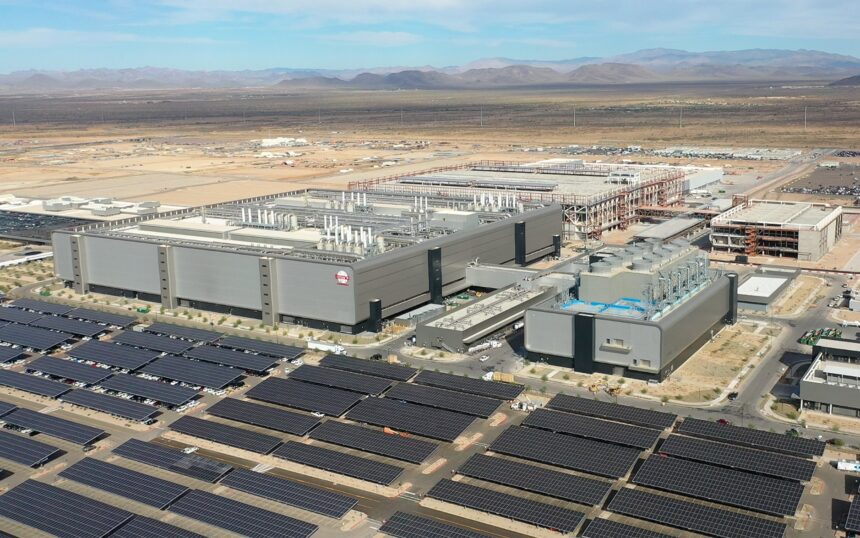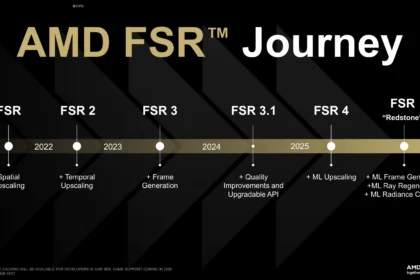The United States may soon face serious challenges in its semiconductor supply chain as China prepares new export restrictions on rare earth materials — resources essential for chipmaking. The move could indirectly limit the ability of major manufacturers like TSMC to sell chips to American firms.
Beijing’s New Export Licensing Rules
According to a report by The New York Times, Beijing is set to introduce a licensing system for foreign entities that rely on Chinese-sourced rare earths. The policy would require chipmakers using these materials to obtain export licenses before selling their products abroad.
Since China accounts for around 90% of the world’s rare earth production, this decision could have sweeping global consequences. The materials are critical for semiconductor fabrication equipment, including lithography and wafer polishing tools.
If enforced, the new rules — expected to take effect on November 8 — could apply to key chip manufacturers such as Taiwan Semiconductor Manufacturing Company (TSMC), Samsung, and SK hynix, all of which depend on rare earths for production.
Shift in China’s Strategy

Previously, China’s export curbs mainly targeted military-related technologies. However, this latest policy marks a shift toward influencing the global AI and semiconductor markets, particularly the U.S. sector.
TSMC, which produces most of the world’s advanced logic chips, sources rare earths from various suppliers, but many of them still trace back to Chinese origins. As a result, even indirect restrictions could ripple through the global chip industry.
The impact wouldn’t stop at manufacturers. ASML and Tokyo Electron, which supply semiconductor production equipment, could also face difficulties obtaining the rare earth materials needed to meet production demands.
Potential Impact on the Global Supply Chain

If TSMC and other major players fall under China’s new export license requirements, the entire downstream tech ecosystem could be disrupted. Companies like NVIDIA, AMD, and Apple, all heavily dependent on TSMC’s advanced nodes, would feel the effects immediately.
Analysts warn that the expanded controls could slow AI chip development, strain global supply chains, and increase costs for high-performance computing hardware.
Meanwhile, competitors such as Japan’s Rapidus, which aims to begin 2nm chip mass production by 2027, could find new opportunities amid the supply squeeze — though catching up to TSMC and Samsung remains a significant challenge.
China’s new rare earth export rules mark another escalation in the ongoing U.S.–China tech and trade rivalry. By tightening control over materials essential for chipmaking, Beijing is positioning itself to exert more leverage over the global semiconductor industry — and the results could reshape how and where the world’s most advanced chips are made.











